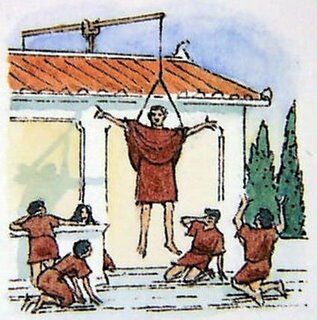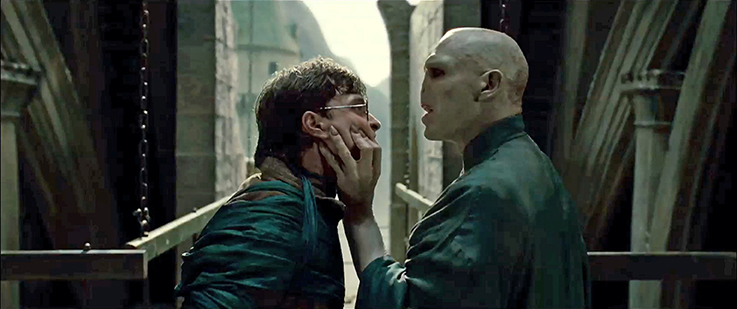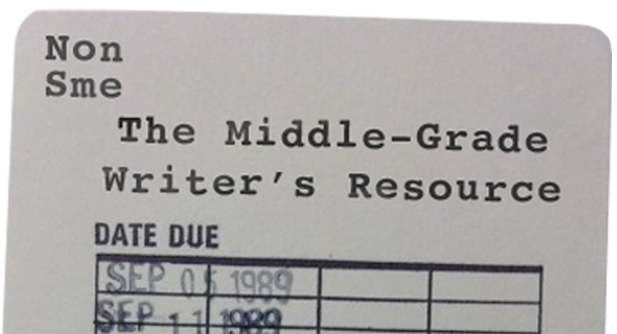You may have noticed the different banner above. I changed focus a few months back from writing about random things of interest to focusing on the craft of writing middle-grade fiction. So I have rebranded from The Newsletter of Awesomeness to The Middle-Grade Writer’s Resource. Though I do think you’ll still find a fair amount of awesome included. Now, on to this month’s topic.
Middle Grade Failure
You’re probably familiar with the term Deus Ex Machina. The Wikipedia definition is pretty good. “A plot device whereby a seemingly unsolvable problem in a story is suddenly and abruptly resolved by an unexpected and unlikely occurrence.” But it’s usually a little more than that. The unexpected is that it does not come from the protagonist or from something that was set up in the story. Which is likely to be unsatisfying and frustrating for the audience.

Deus Ex Machina is Latin for “God from the machine.” Back to Wikipedia. “The term was coined from the conventions of ancient Greek theater, where actors who were playing gods were brought onto stage using a machine. (Usually a crane). It was used often to resolve the conflict and conclude the drama.”
If your protagonist isn’t the catalyst for the plot being resolved, then they probably shouldn’t be the protagonist. Why are we following them?
When I watched Sicario, it definitely had some intense scenes and interesting characters but something fell flat for me. I realized it was because Emily Blunt’s character is the protagonist but she never does anything meaningful. She basically just gets dragged along from scene to scene based on other characters actions and in the end has not really done anything that affects the plot one way or another.

This has also been a gripe for the Harry Potter series, particularly the end. Harry is “the chosen one” (don’t get me started on the chosen one trope) but it’s generally the people around him that do stuff, usually Hermione. In the end, there’s an anticlimactic face off where Voldermort accidentally kills himself. Sorry, should I have said spoilers?
So what does this have to do with middle grade fiction? Everything! In most middle grade stories the protagonist is a kid and the readers are kids. You know what kids don’t want? To be told what to do by grown ups. So don’t have the adults in your story solve the kid’s problems. Let them figure it out for themselves.
Let your characters fail. Your characters need to fail otherwise it’s going to be a really boring story. Then when they do eventually figure things out and succeed, it will be so much more satisfying. Don’t make your characters trust fund kids where everything is taken care for them. Figuratively anyway. Make them earn their resolution.
The Greeks may have invented democracy but they had a bit to learn about storytelling. Your characters don’t get bailed out by parents, teachers, or gods on their Harleys. They earn it themselves.
Write on.
Other Stuff
I spent the past couple of weeks trying to figure out how to turn my handwriting into a font for lettering my comics. I had planned on paying to have it professionally done but was unable to find anyone available/interested.

A big part of the process was trying to find software that could do all the things I wanted and then learning the basics. I used three different programs, Calligaphr, FontForge, and Fontself.
They range from pay-what-you-want to very reasonable. Each had their own pluses and minuses but for me Fontself was the clear winner with its feature of auto kerning all of your glyphs. If you’re interested in any specifics about the process, let me know.
Thanks for reading. See you next month!
-Josh
Did you enjoy reading? Subscribe to my newsletter and get articles like this directly in you inbox the first Wednesday of the month.



